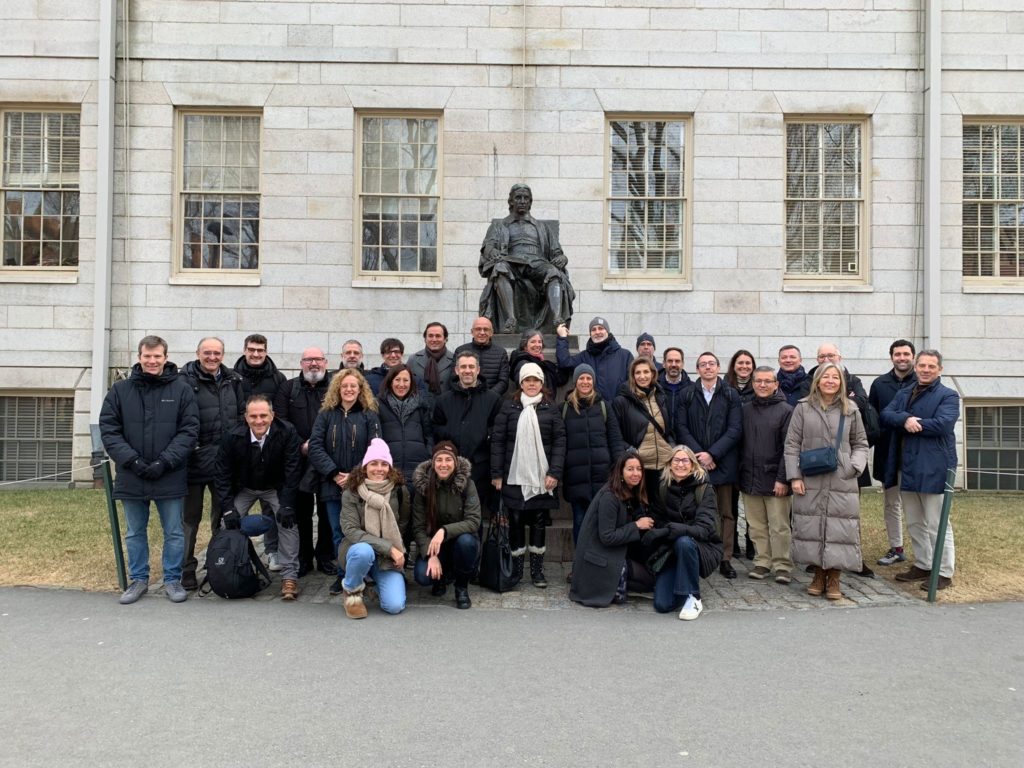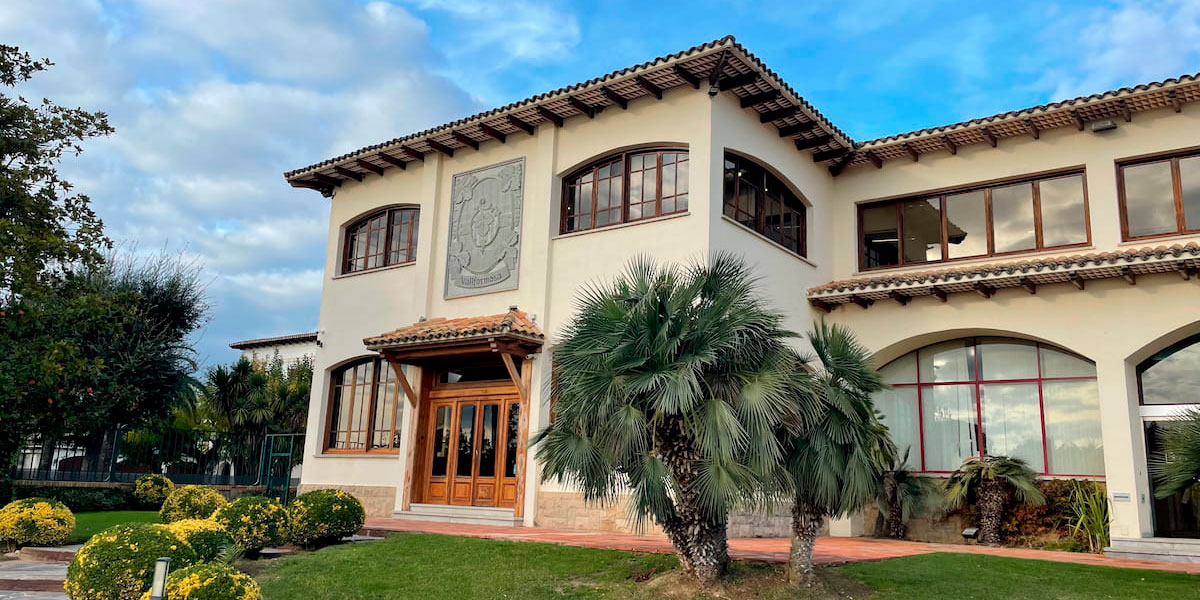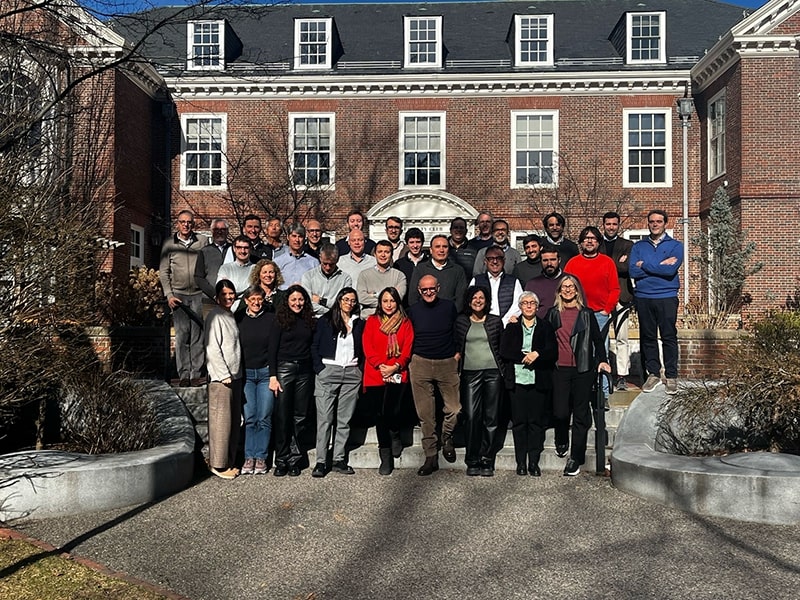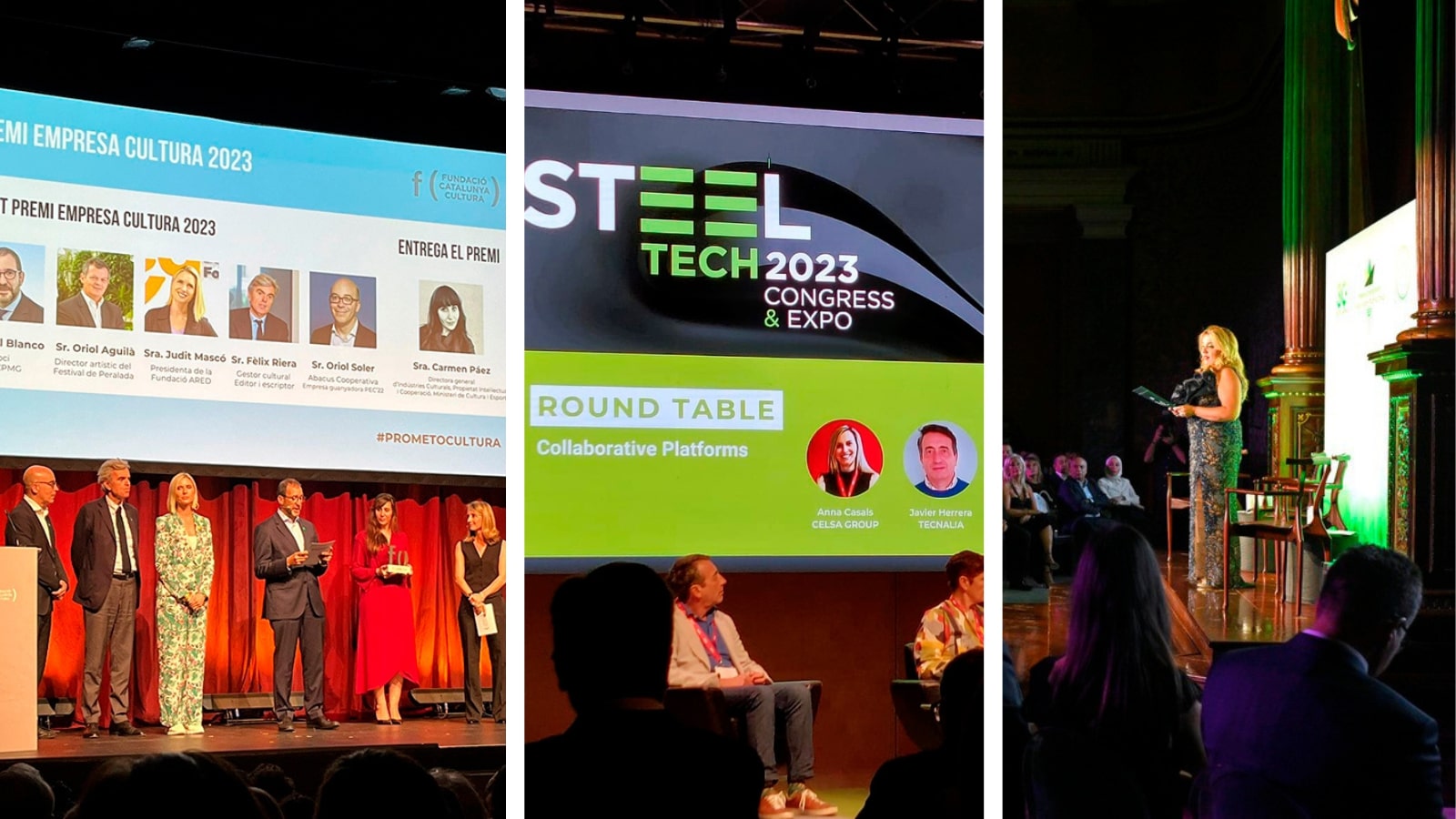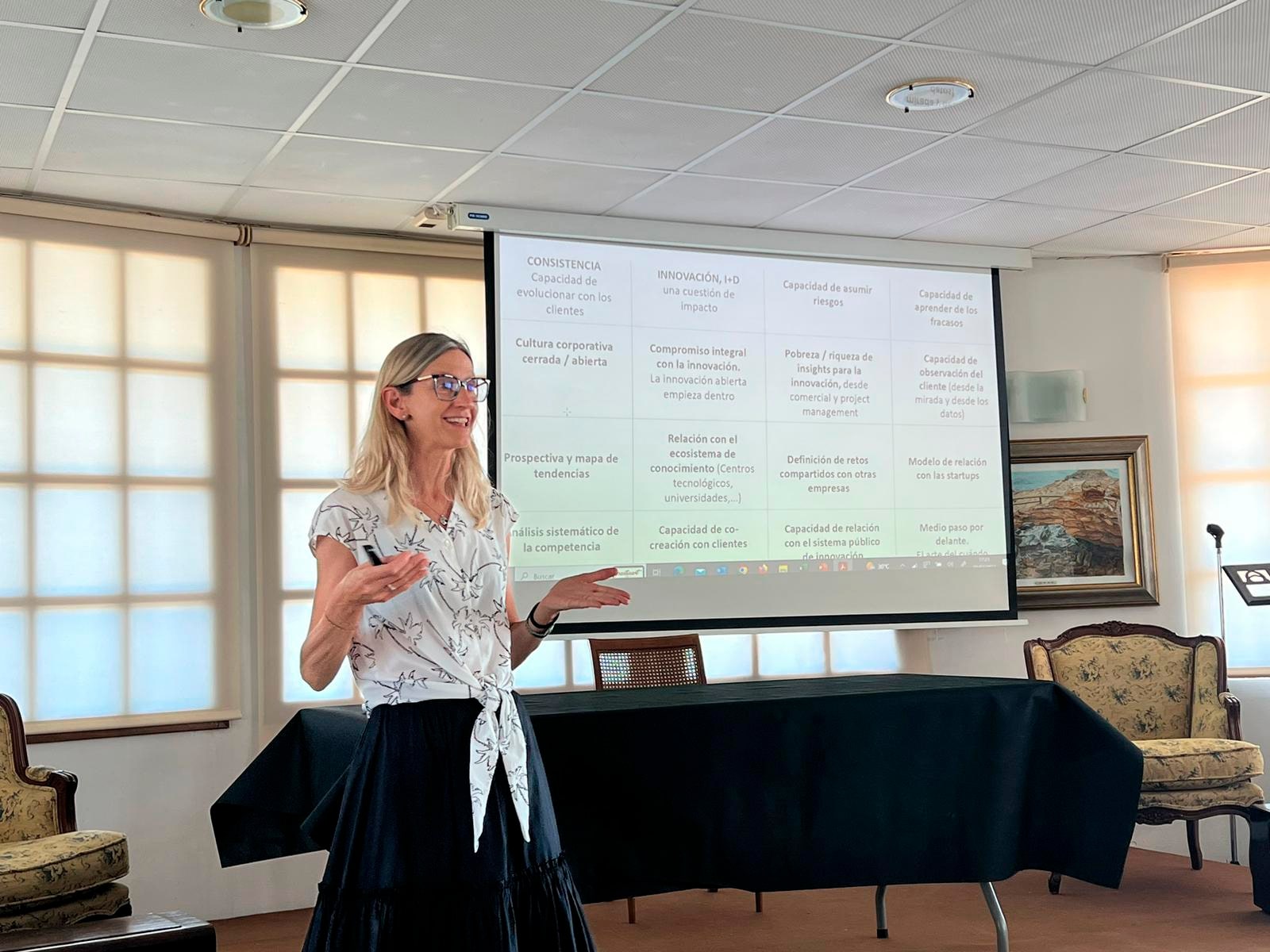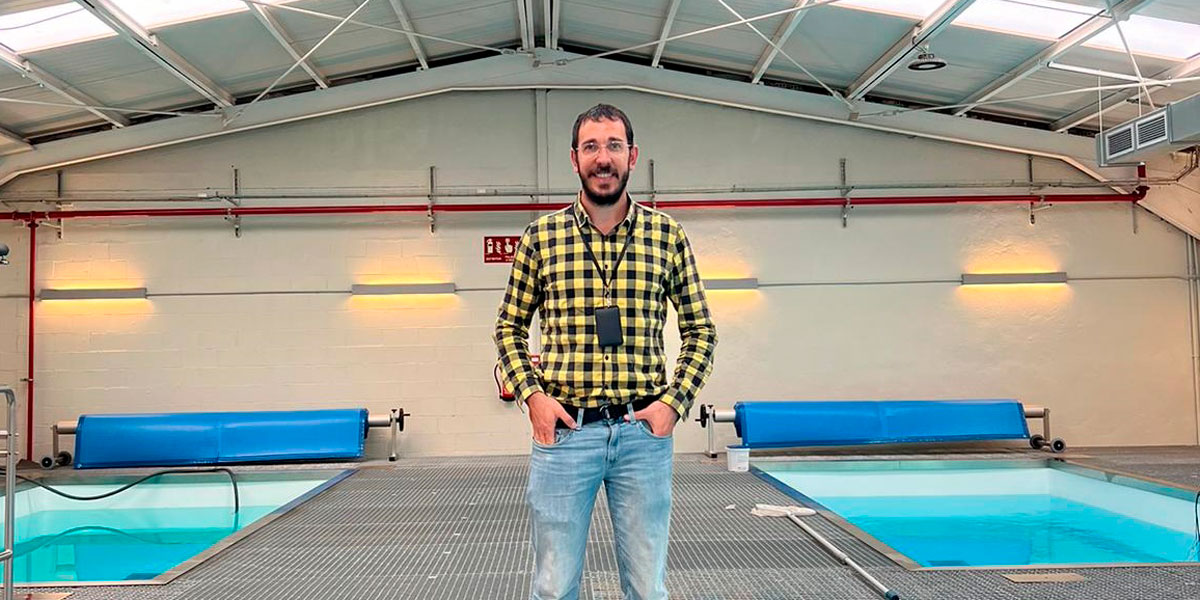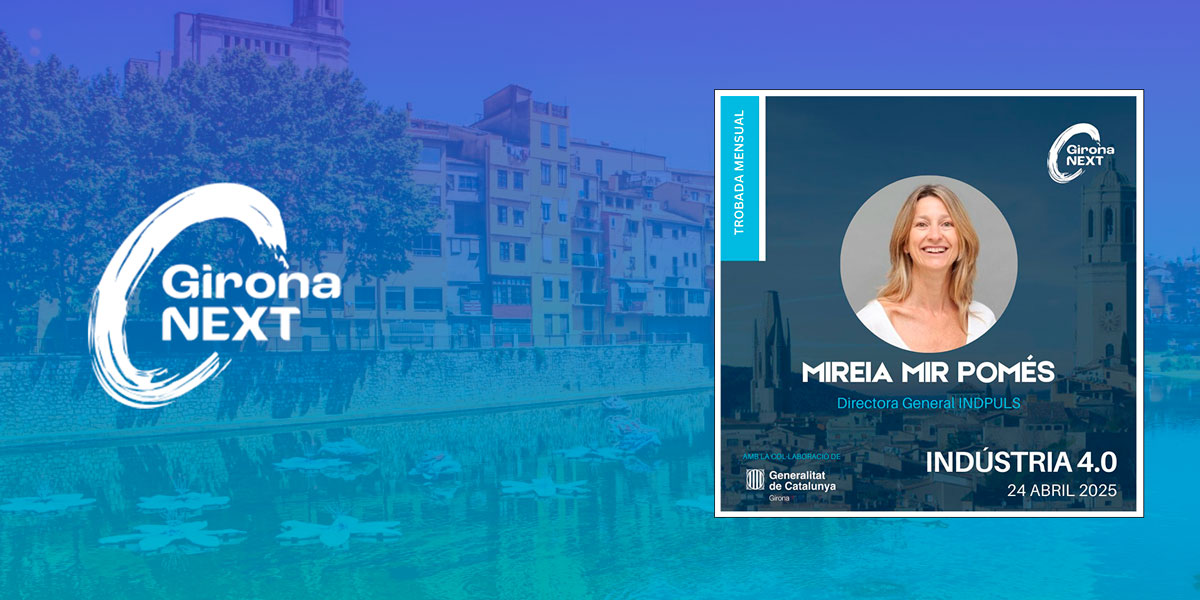INDPULS partners participate in the Boston Seminar on Strategy, Growth, and Innovation, organised by Lead to Change.
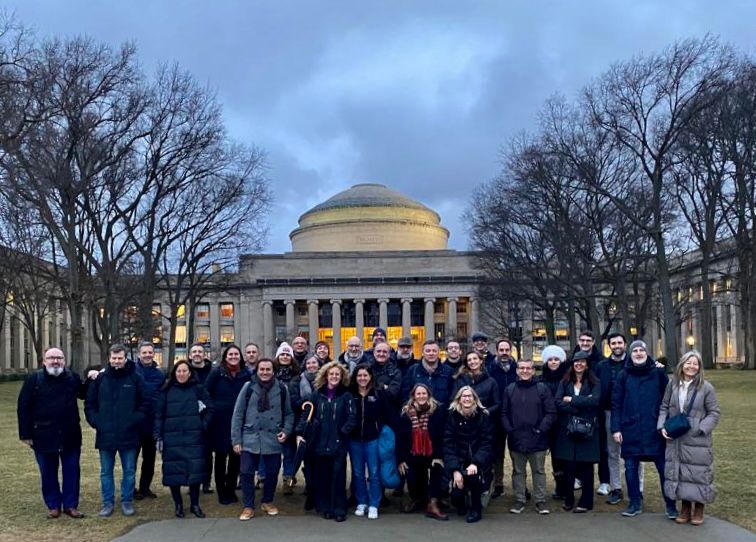

In February 2023, Lead to Change, the consulting firm presided by Xavier Marcet, organised a Seminar in Boston on Strategy, Growth and Innovation in which representatives of companies and organisations from Catalonia, Valencia, the Basque Country and Navarre participated. A group of Indpuls partners had the opportunity to attend and in this article they share their experience with us: Esteban Bretcha, CEO of Simon, Jordi Priu, CEO of MMM – Modern Metal Manufacturing, Maria Font, Innovation Director of Font Packaging, Daniel Visa, Director of Pastisart and Mireia Mir, Director of Indpuls.
Boston and its start-up ecosystem
Boston is the fifth largest Startup Ecosystem in the world, with 4 major startup areas: Health, Education, FoodTech and Sustainability. It has more than 1,000 venture capital companies. During their stay in Boston, the attendees were able to visit two of the city’s 52 universities, the Harvard University Campus and the MIT-Massachusetts Institute of Technology Campus, which have the highest number of patents, 208 and 402 patents, respectively (data from 2021). MIT also has more than 1,700 startups.
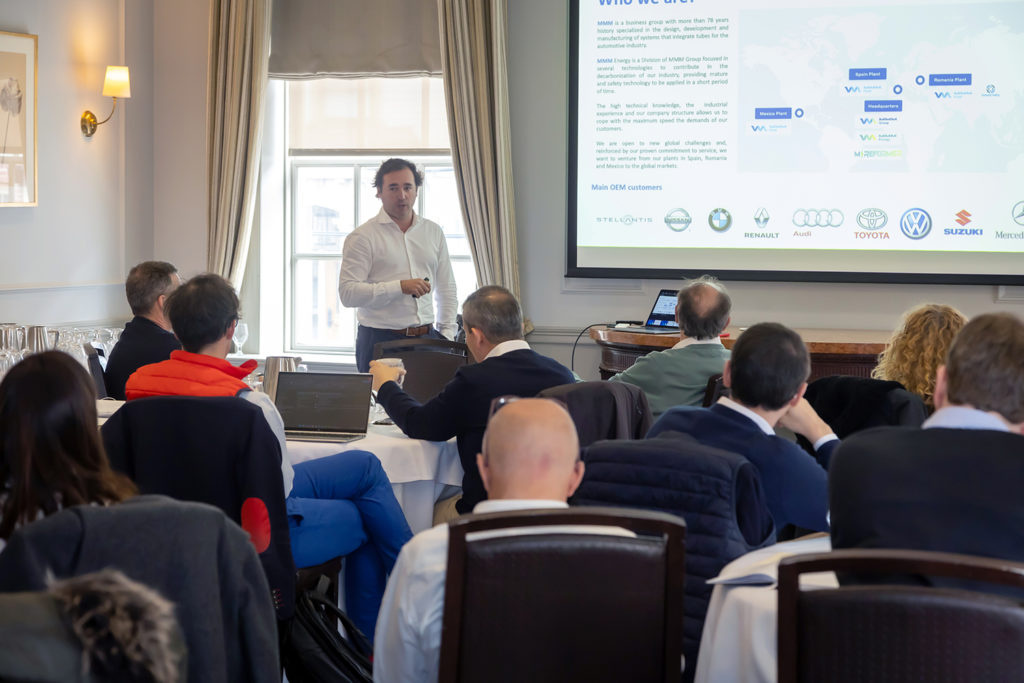
“Being able to get out of your day-to-day life and attend an innovation seminar in the Boston environment, as well as being able to visit the university and entrepreneurial ecosystem has been a privilege and a very enriching experience. The LTC team brought together high-level speakers who provided valuable experiences and knowledge”, says Jordi Priu, CEO of MMM.
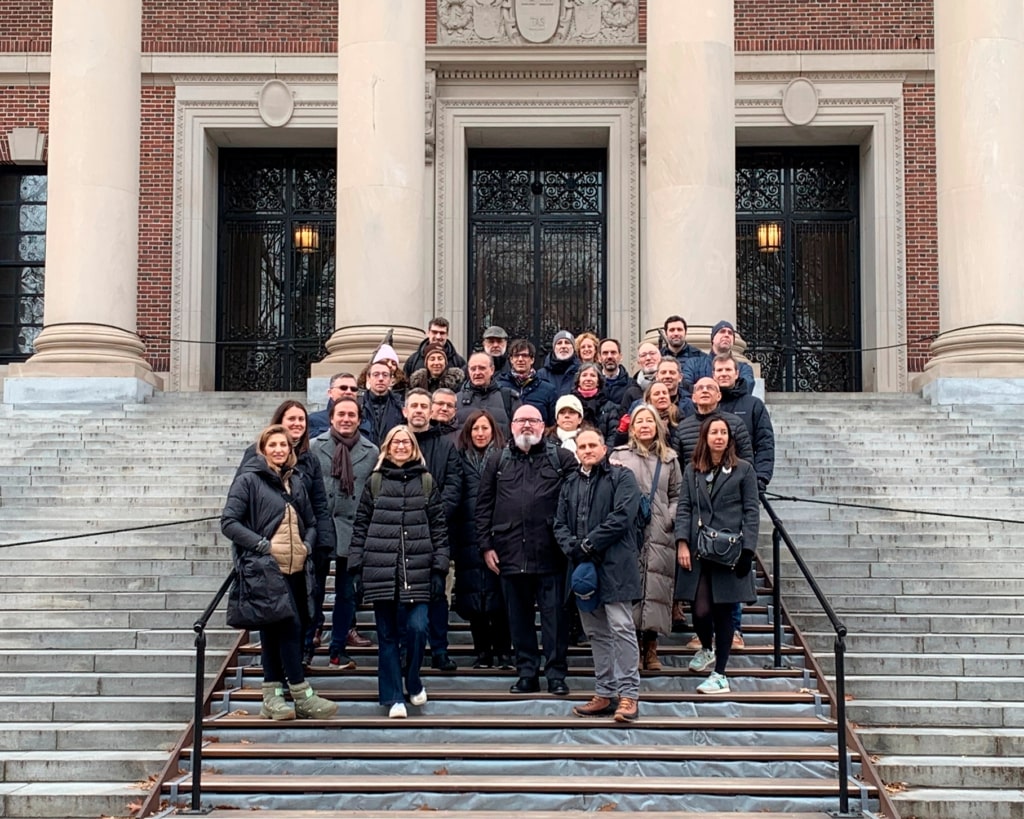
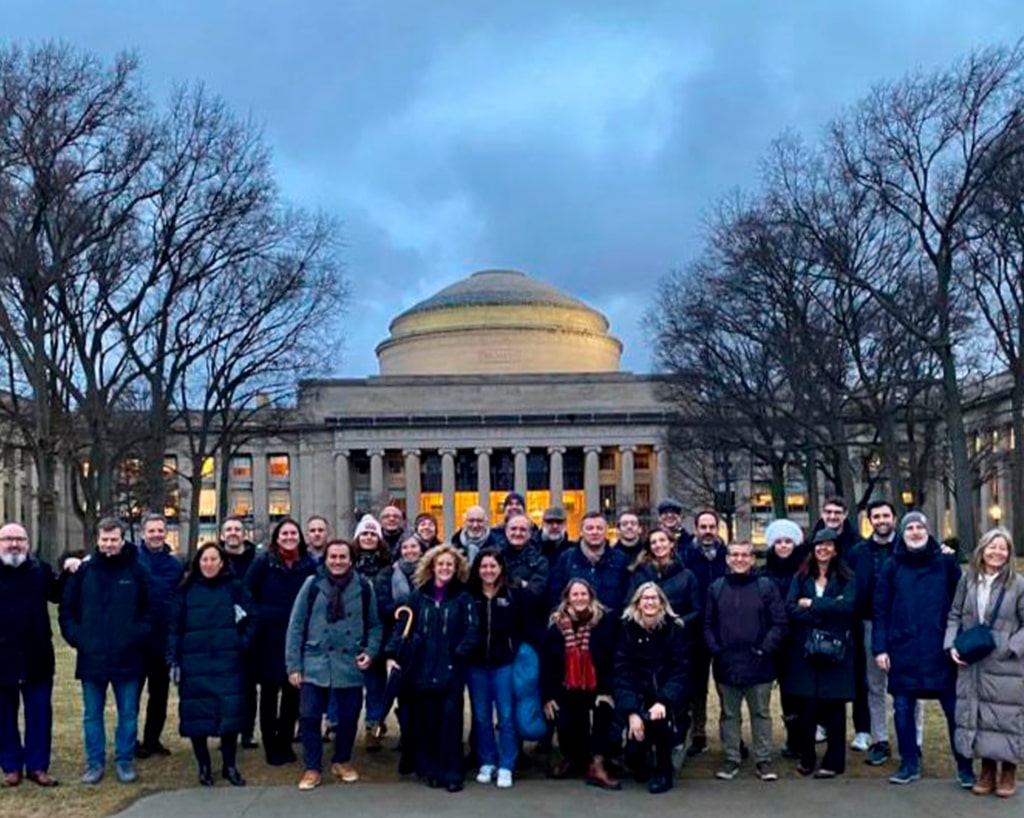
Speeches, learnings and inspiration
Esteban Bretcha, CEO of Simon explains: “During the different sessions, we were able to see different approaches to innovation, and we observed that despite the differences there is a common denominator which is decisive leadership, talent, a reasonable degree of freedom and a long-term commitment. Without these factors, it is difficult to have sustained innovation over time”.
Mireia Mir, director of INDPULS, shares some of the most important learnings from the presentations:
Jordi Albó, co-creator and scientific manager of Boston Exponential Hub -NTT DATA’s innovation unit-, of the MIT Media Lab, and founder of LightHouse, gave some tips for overcoming the cultural aspects that impede innovation, for example, dividing challenges into small challenges so that, even if the final challenge fails, some successes are achieved along the way.
Luis Pérez-Breva, director of the MIT Innovation Teams programme, shared 4 principles to innovate efficiently and systematically:
- Try to kill your idea and continue to work only on ideas you fail to kill.
- In the face of uncertainty, diversification is the only rational option.
- The greatest asset of an idea is that you can change it, that it is malleable.
- Unrecycled ideas go to waste.
Jay Rao, Professor of Executive Education programmes at Babson College, spoke about cultures that shape the future of companies. Mireia Mir recommends his book “Innovation 2.0: Why when we talk about innovation we forget about people”.
Steven Spear, Director of SeeToSolve, whose SaaS products support the harnessing of a company’s collective and distributed intelligence, author of The High Velocity Edge and Senior Lecturer at the MIT Sloan School of Management. Spear talked about how companies can move from complex structures to agile structures with highly autonomous teams. One of his recommendations was to break big problems into small problems, to solve them easily and move faster.
Xavier Marcet, president of LTC, defended that consolidated companies must combine their capabilities with opportunities, to ensure good growth, balancing tensions and managing change.
Esteban Bretcha shares that “something that came up a lot during the sessions was the importance of not reinventing the wheel. Looking at other industries is often a good way to find solutions to challenges, as surely someone in another context has already had to face something similar. Partnerships such as those promoted by Indpuls, or initiatives such as the one proposed by LTC in Boston, facilitate this exercise by fostering relationships between different industries. They certainly help to open minds and perspectives when it comes to innovation”.
Daniel Visa, director of Pastisart, defines the seminar as “A journey that has allowed us to open our eyes, ask ourselves new questions, question preconceived ideas and that we are convinced will be the beginning of much more”.
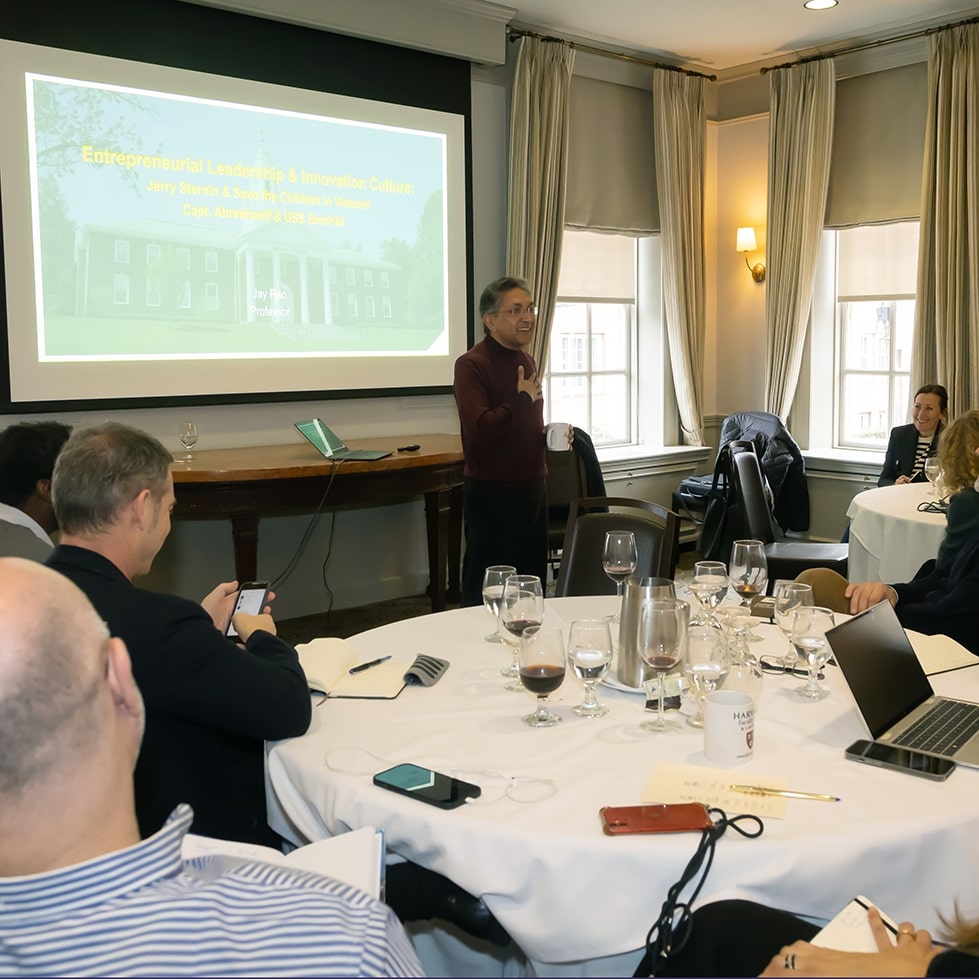
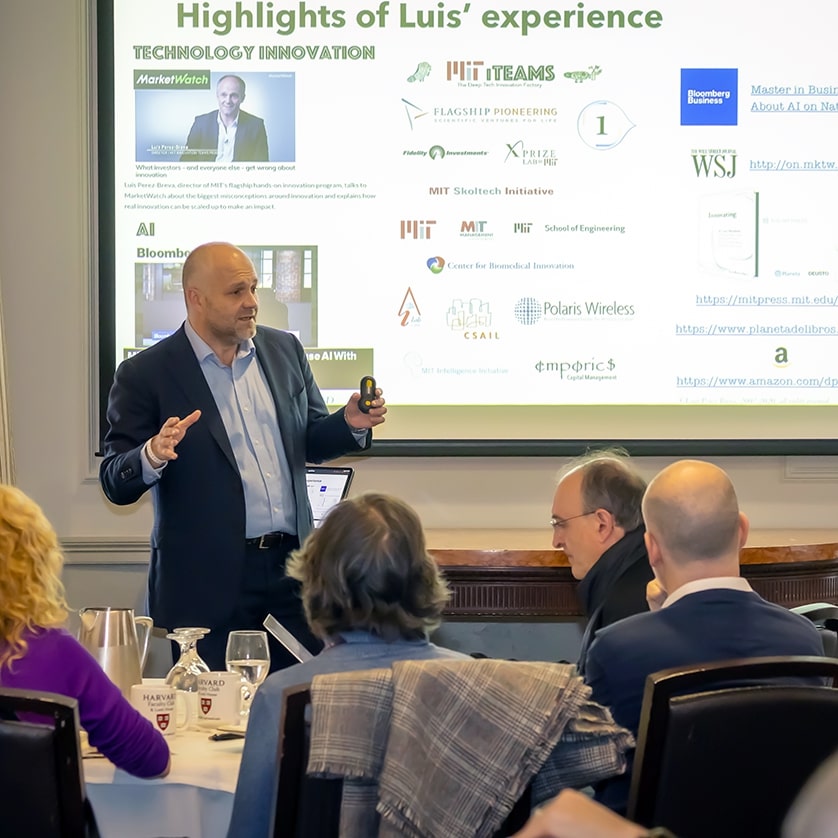
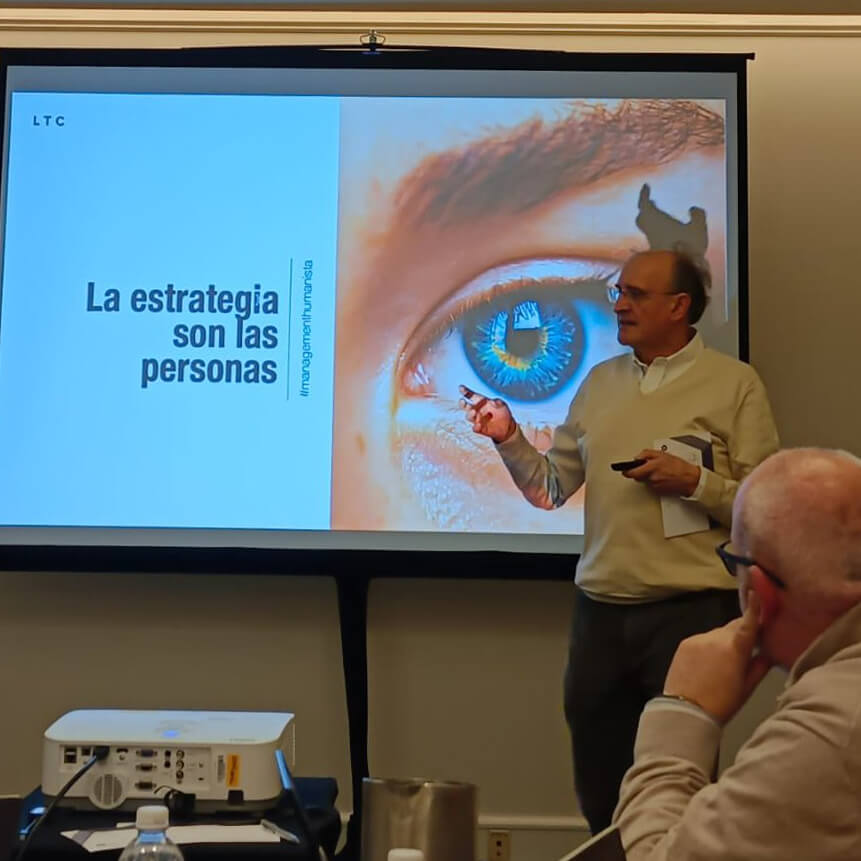
Great travel companions
Finally, it should be noted that one of the greatest assets of this experience has been the fellow travellers, both the LTC organising team and the attendees.
According to Jordi Priu, “the fellow travellers were another of the positive surprises of the seminar, representatives of companies from Catalonia, Valencia, the Basque Country and Navarre, all of them charming people and excellent professionals with whom we have established a very good relationship. So much so that we have an active WhatsApp group where we share information and interesting readings”.
Mireia Mir adds: “In a few weeks we are planning a work meeting to share our experiences implementing some of the knowledge acquired in Boston”.
So, as Maria Font, director of innovation at Font Packaging, says: “The context is important. We could have done it in Barcelona, but the impact would not have been the same. Boston has been a very inspiring learning experience that has also managed to have continuity thanks to the cohesion of the group and the desire to continue learning together”.
